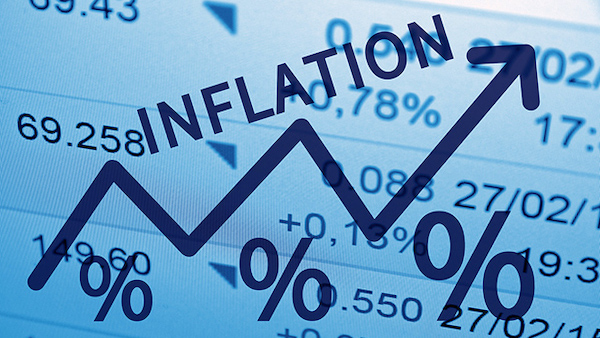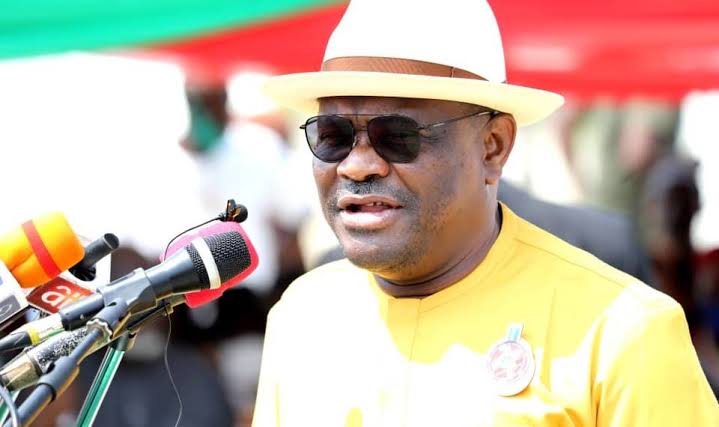Nigeria’s headline inflation rate rose to 21.91 percent in February 2023 compared to 21.82 percent of January 2023, indicating an increase of 0.09 percent points.
In a report titled ‘Consumer Price Index (February 2023)’, the National Bureau of Statistics (NBS) stated that the percentage change in the average Consumer Price Index (CPI) for the 12 months period ending February 2023 over the average of the CPI for the previous 12 months period was 19.87 percent, showing a 3.15 percent points increase compared to 16.73 percent recorded in February 2022.
It read;
“The February 2023 inflation rate showed an increase of 0.09 percent points when compared to that of January 2023 headline inflation rate.
“Similarly, on a year-on-year basis, the headline inflation rate was 6.21 percent points higher compared to the rate recorded in February 2022, which was 15.70 percent.
“This shows that the headline inflation rate (year-on-year basis) increased in February 2023 when compared to the same month in the preceding year (i.e., February 2022).
“On a month-on-month basis, the percentage change in the all-items index in February 2023 was 1.71 percent , which was 0.16 percent points lower than the rate recorded in January 2023 (1.87 percent).”
The NBS also disclosed that food inflation rate in February 2023 was 24.35 percent on a year-on-year basis, representing a 7.24 percent points increase compared to the 17.11 percent recorded in February 2022.
The rise in food inflation is said to be caused by increases in prices of oil and fat, bread and cereals, potatoes, yam and other tubers, fish, fruits, meat, vegetable, and food product. Kwara, Imo, and Lagos residents paid more for food in the period under review.
The report added;
“On a month-on-month basis, the food inflation rate in February 2023 was 1.90 percent, indicating a 0.18 percent points decrease compared to the rate recorded in January 2023 (2.08 percent).
“The average annual rate of food inflation for the twelve-months ending February 2023 over the previous twelve-months average was 22.12 percent, which was a 2.44 percent points increase from the average annual rate of change recorded in February 2022 (19.69 percent).
“In February 2023, food inflation on a year-on-year basis was highest in Kwara (29.51 percent), Imo (27.47 percent), and Lagos (27.42 percent ); while Sokoto (18.54 percent ), Jigawa (19.67 percent ), and Yobe (21.89 percent) recorded the slowest rise.
“On a month-on-month basis, however, February 2023 food inflation was highest in Yobe (3.15 percent), Edo (3.03 percent ), and Ogun (2.90 Percent); while Rivers (0.75 percent), Sokoto (0.89 percent), and Nasarawa (0.90 percent) recorded the lowest.”





